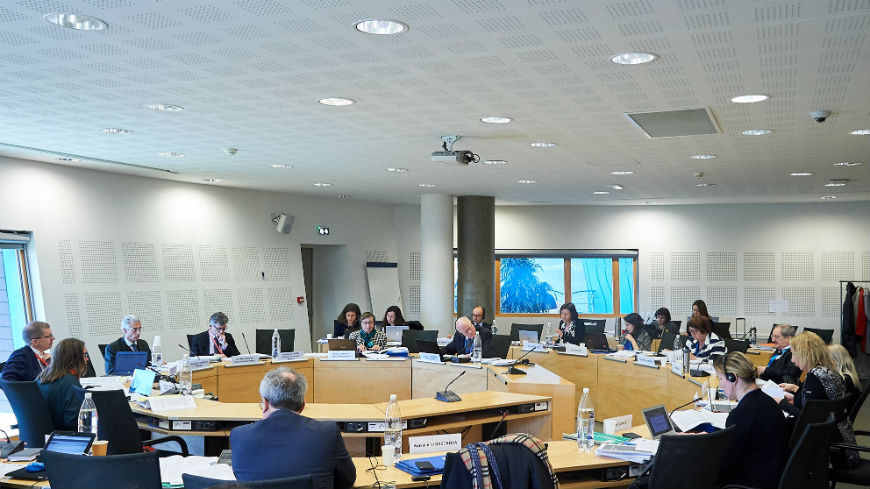The European Committee of Social Rights adopted during its 314th session (6-10 July 2020):
- Decision on the merits in Associazione Professionale e Sindacale (ANIEF) v. Italy, Complaint No. 146/2017
The complaint Associazione Professionale et Sindacale (ANIEF) v. Italy, No. 146/2017, was registered on 16 March 2017. It relates to Articles 1 (right to work), 4 (right to a fair remuneration), 6 (right to bargain collectively) 24 (right to protection in case of dismissal) and E (non-discrimination) of the Revised European Social Charter.
The complainant trade union organisation alleged that Italian legislation on fixed-term employment contracts in the public sector - especially the education sector - improperly authorized the renewal of such contracts and jeopardized the situation of these public sector employees in violation of the above-mentioned provisions.
Pursuant to Article 8§2 of the Protocol providing for a system of collective complaints, this decision will not be made public until after the Committee of Ministers has adopted a resolution, or no later than four months after it has been transmitted to the Committee of Ministers.
The complaint was registered on 15 January 2020 and relates to Article 6§2 (right to bargain collectively) of the Revised European Social Charter. CFDT alleges that the French legislation relating to the implementation of "collective agreements" in small companies is in breach with Article 6§2 of the Charter in that it introduces the possibility for the employer to set up a "collective agreement" in the company without any bargaining with the trade union organisations of workers.
The Committee declared the complaint admissible on 6 July 2020.





